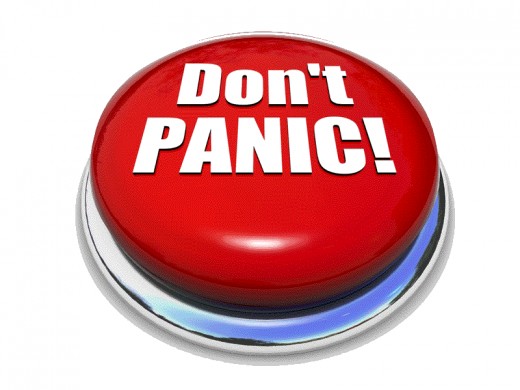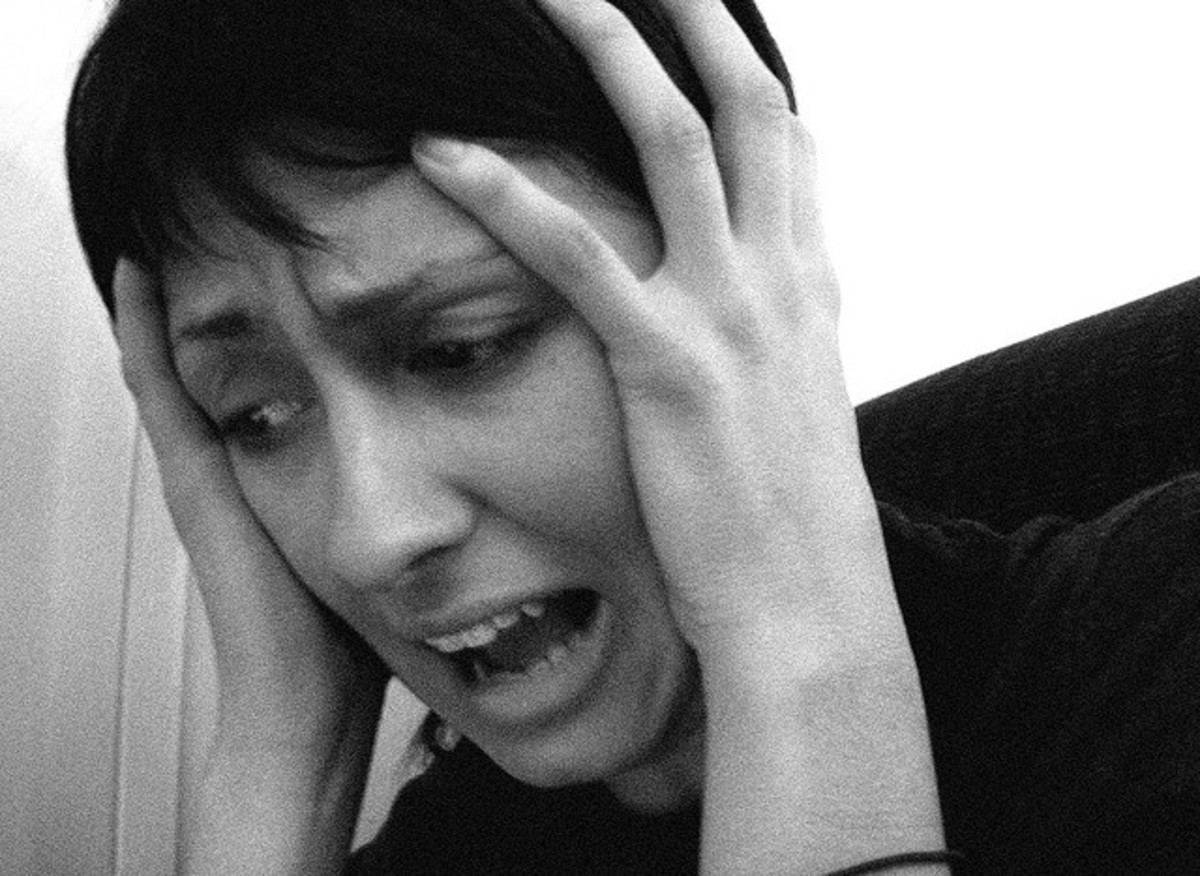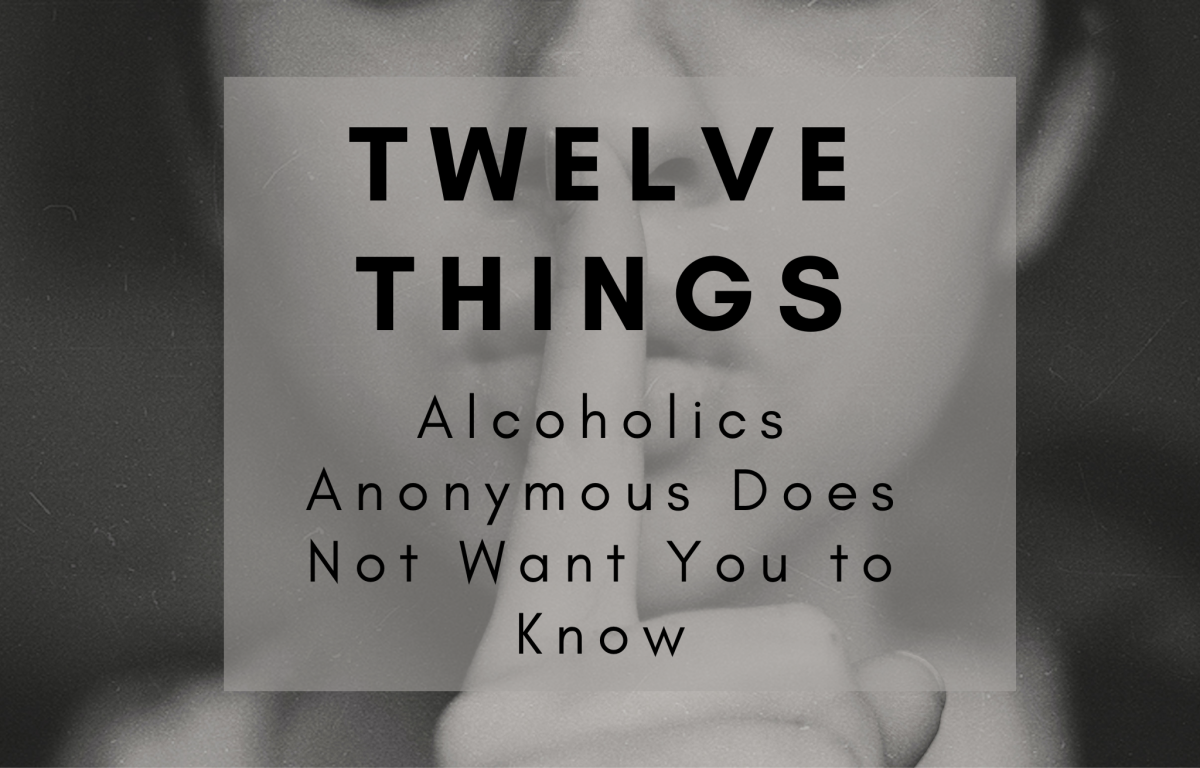Sleep for me? NO WAY! Panic Disorder
Fear creeps over me as I drift off to sleep. I have no control in my sleep. The fear grows until my heart is hitting the walls of my chest at a million miles an hour with ka-thud, ka-thud, ka-thud. What if some one comes into my home, and I don't know it? What if we're attacked, and I don't know it? These are the kinds of questions bouncing off my brain as I fight to stay awake. The closer sleep gets, the more bazzar my fears become. Suddenly, home invasion isn't the worst of it, and there's a meteor about to hit, I'm positive. Regular noises of the night become monsters and nuclear explosions in the distance. My palms start to sweat, and my chest tightens. I feel like I'm on fire, and on the edge of a breakdown.
Fear clutches me as I loose the battle for alertness. My prayers to God become scattered, and stop making sense, and then it happens. I wake up in the morning, still alive. Not only did no one break in, but my house didn't burn to the ground, and no nuclear war ensued. Instead, the sun is out, the birds are chirping, and I get to live another day knowing that when the sun goes down, I have to do it all over again.
The fear I'm describing is just one facet of Panic Disorder. According to the American Psychological Association, it's estimated that one out of every 75 people suffer from it. Symptoms include:
- fear
- a feeling that you are going to die
- hot flashes or chills
- trembling
- sweating
- shaking
- dizziness
- nausea
- paralyzing terror
- difficulty breathing
- a feeling that you can't get enough air
Although no one is completely agreeable on what causes Panic Disorder, treatment is available. After having a mental health examination to determine that you suffer from Panic Disorder, a treatment combonation of cognative and behavioral therapy can diminnish it, and help you to lead a normal life.
Cognative therapy helps to determine where the Panic Disorder is coming from, and what the triggers are. Triggers can be anything from a situation, to a smell. Once the trigger, or triggers are identified, they loose some of their power, because you gain a better understanding as to what's making you have panic attacks.
Behavioral therapy helps you get through the physical symptoms of the attack. It can be anything from deep breathing exercises, to visualisation, to snapping a rubber band around your wrist to "snap" you back to reality. Once you learn how to work through the attacks, the frequency lessens over time.
In some cases, anti-anxiety medication may be prescribed.
Untreated panic disorder can result in severe phobias. People who suffer from Panic Disorder also:
- are prone to drug or alchohol use
- have a higher suicide rate
- spend more time in emergency rooms
- spend less time doing things they enjoy
- financially dependant
- feel less healthy than people without Panic Disorder, both physically and emotionally
A licensed psychologist is needed who specializes in panic or anxiety disorders for treatment. Panic Disorder cannot be diagnosed and treated at home. You cannot cure it yourself, but with the right help, you can lead a normal, fear-free life. You can find a licensed psychologist in your area by looking in the phone book, on the internet, or calling your local health department. If you think you suffer from Panic Disorder, get help. You can be normal again.









